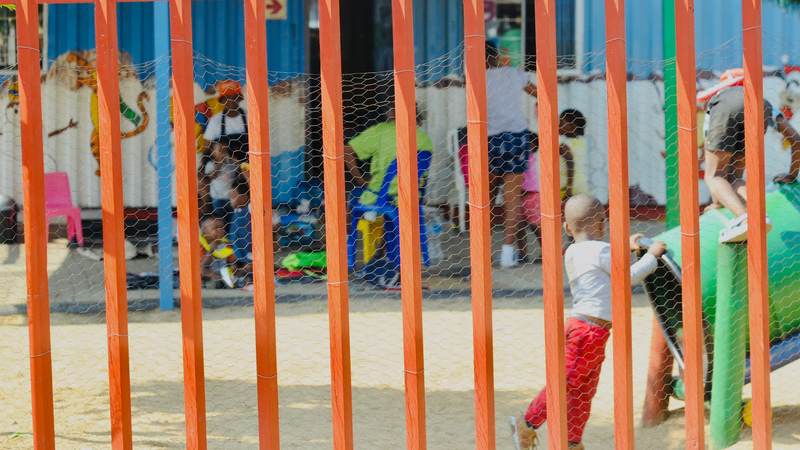In 2020, Statistics SA (Stats SA) reported that there were 2.9 million orphans in South Africa.
It includes children without a living biological mother, father or both parents.
The latest data released by Stats SA and the General Household Survey (from 2020/2021) found that Gauteng recorded 154 000 orphans aged 0 to 17 years. That is a 1.7 percent increase from 2019’s statistics of 78 000.
Additionally, in 2020, Gauteng had the second-highest and quickest-growing orphan numbers, where 13% of children (566 000) were single (lost one biological parent but lived with the other) or double orphans.
One assistant caretaker at an orphanage in Bezhuidenhout Valley said that their assistance helps child-headed homes or children in foster care, but not so much the children placed in orphanages.

A few of the orphanages visited by the Sunday Independent and registered under Gauteng’s DSD were in conditions deemed unsafe for children by government framework and regulations.
The four-bedroom Bezuidenhout Valley house with additional dorms in the back looked run-down, using one kitchen to supply food for 40 children aged between 2 and 17.
When asked why they accommodated children in unsafe conditions, the caretaker said as a non-profit organisation, they did not have a consistent flow of money that could pay for the large upkeep needed.
“We use the social grants [that] some of the orphans get, as well as the donations we get from people, companies and the community.
“There is also our own money that we use if we are short on food, baby supplies or school tools.
“It is how we keep the doors open and look after the children,” the assistant caretaker said, requesting to remain anonymous.

Earlier this year in June, the Department of Social Development (DSD) gazetted the proclamation of the Social Assistance Amendment Act as a response to the rise in orphaned children and the country’s expenses.
The department said that their intervention through the amendment act would help orphanages and social workers to benefit orphans and vulnerable children.
“This policy intervention empowers the minister of social development, in concurrence with the minister of finance, to make provision for a top-up of 50% more on the child support grant for orphans in the care of relatives, who are eligible for the CSG,” the department said.
“These children will receive their basic CSG, which is currently R480, plus an additional amount of R240 (50% of the basic CSG), bringing the total amount to R720.”
Another organisation that has turned to the department for help but to no avail as of yet is the Little Rose Centre located in Kliptown, Soweto.
In operation as an NGO since 1997, the staff of Little Rose have survived on donations, private corporate sponsors and volunteers to help the over 130 children on their premises.
They run the NGO using old shipping containers as a shelter for children, for afternoon tutor programs, a food kitchen and a pre-primary school.

“We use the donations for our feeding scheme that feeds 200 families, to buy groceries for the children in nursery school, and groceries and toiletries for the children who stay at the shelter,” said Penelope Pukwane, Little Rose’s marketing and communications administrator.
“Just R12 000 goes to food alone for the children because we provide three meals and snacks,” chimed in Bridget Mokgethi, the centre’s afternoon programme co-ordinator.
Questions by the Sunday Independent were sent to the DSD but received no response at the time of print.
